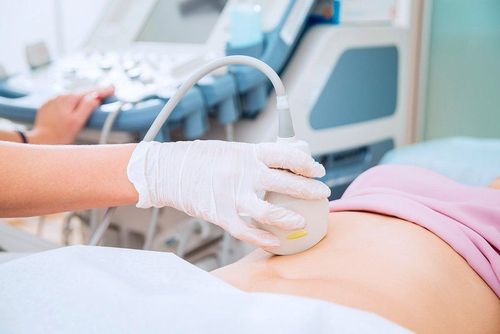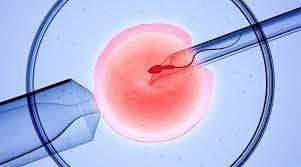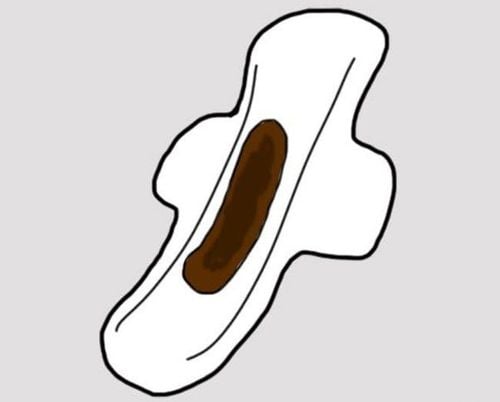This is an automatically translated article.
Pregnant women often have warning signs such as fatigue, bleeding, bloating, breast tenderness and missed periods. However, to confirm pregnancy, doctors also need to use beta-hCG test to accurately assess pregnancy status and monitor fetal development or abnormalities of pregnancy. This test is especially important for cases of embryo transfer in IVF, combined with transvaginal ultrasound to identify clinical pregnancy or biochemical pregnancy.
1. What is clinical pregnancy?
Besides the value of evaluating the results of natural conception, the beta-hCG test can also be used to evaluate the results of fertilization when sperm is injected into the uterus, 14-day embryo transfer with 2 results including: :
Fetal biochemistry: blood beta-hCG concentration 2 weeks after embryo transfer above 5 mIU/mL and transvaginal ultrasound without amniotic sac in the uterine cavity. A biochemical pregnancy is a pregnancy with satisfactory beta-hCG determination but does not develop into a clinical pregnancy. Clinical pregnancy: is the actual pregnancy confirmed by ultrasound by transvaginal transducer with the presence of amniotic sac, embryo, fetal heart after 3-4 weeks of embryo transfer.
2. When to order beta-hCG test?
HCG or human Chorionic Gonadotropin is a pregnancy hormone secreted by the placenta that will appear in the mother's plasma or urine 8-9 days after fertilization and peak around 8-10 weeks. Beta-hCG test is usually indicated in the following cases:
The mother participates in artificial insemination, IUI When there are signs of a period delay 7-10 days after sex, but it is most accurate after 3-5 days of delay Day Help monitor fetal growth Diagnose pregnancy abnormalities such as ectopic pregnancy, risk of miscarriage, ectopic pregnancy or trophoblastic neoplasms Screen for Down syndrome

Xét nghiệm beta-hCG được chỉ định khi người mẹ tham gia thụ tinh nhân tạo
3. Significance of beta-hCG and clinical pregnancy in IVF
According to studies, mean beta-hCG concentration after 14 days of clinical pregnancy is about 761.5 mIU/mL and biochemical pregnancy is 161.02 mIU/mL. The rate of multiple pregnancy increased with the number of embryos transferred to the uterus and the prognostic beta-hCG cut-off point for multiple pregnancy was 600.5 mIU/mL (the cut-off point is the cut-off point of the predictive variable). Quantitative value for discriminating 2 states such as multiple pregnancy or no multiple pregnancy to determine sensitivity and specificity)
Besides, the cut-off point of beta hCG concentration after 14 days of embryo transfer is prognostic for the fetus. The clinical outcome is 299.5 mIU/mL and the prognosis for biochemical pregnancy is 115.5 mIU/mL. The level of beta-hCG on day 14 after embryo transfer is very important in predicting, as well as monitoring pregnancy outcomes.
Vinmec IVF Reproductive Center is the address of infertility - infertility treatment chosen by many couples. So far, the Center has performed fertility support for over 1000 infertile couples with a success rate of over 40%. This rate is equivalent to developed countries such as the UK, USA, Australia,...
The center gathers a team of leading experts in the field of obstetrics and gynecology nationally and internationally, trained in centers leading in the world such as in the US, Singapore, Japan, Australia and famous fertility centers in the world.
With high expertise and extensive experience, Vinmec IVF Center's experts are capable of synchronously and comprehensively deploying the most advanced assisted reproductive techniques today, helping realize the dream of becoming a parent of hundreds of families across Vietnam.
Please dial HOTLINE for more information or register for an appointment HERE. Download MyVinmec app to make appointments faster and to manage your bookings easily.













